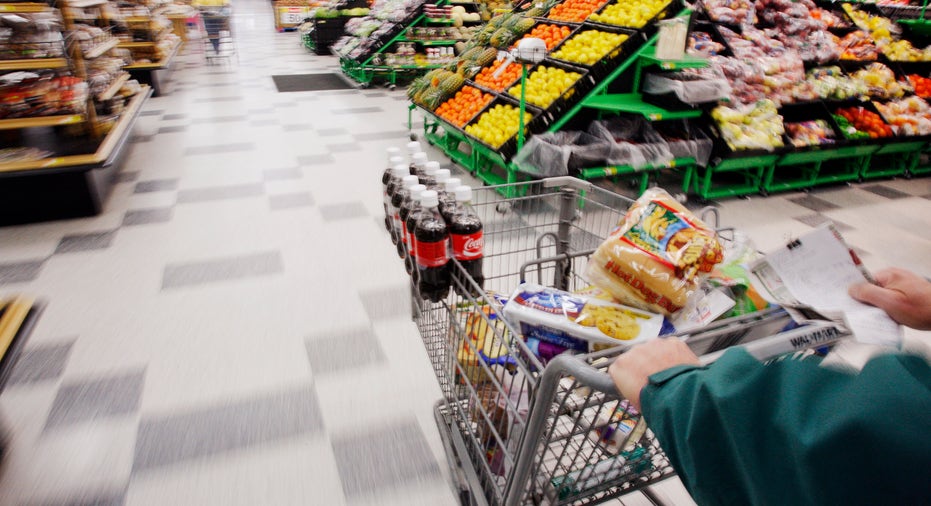Grocery-Delivery Startups Growing Up

Online grocery-delivery startups Instacart and Relay Foods are eating up new markets.
Instacart announced this week a $44 million Series B financing round led by Andreessen Horowitz, bringing total funding to $55 million. The San Francisco, Calif.-based startup is currently operating in 10 markets, with plans for seven new cities by the end of 2014.
Meanwhile, Charlottesville, Va.-based Relay Foods, which is focused on local and organic grocery delivery, just announced its expansion into Raleigh, N.C. one week after coming to the nearby city of Durham.
"As we think about the future of e-commerce, groceries are among the last huge untapped opportunities. While many have tried to crack the code, few have met with success," said Jeff Jordan, Andreessen Horowitz partner. "However, mobile is enabling a new way to tackle digital grocery distribution through an execution that I refer to as 'People Marketplaces.' This is Instacart's approach, and we're betting it will be the winning play. We are excited to partner with [CEO Apoorva Mehta] and team as they seek to have software eat grocery delivery."
The Instacart Approach
Instacart is currently offering rapid grocery delivery in San Francisco, Austin, Boston, Chicago, Los Angeles, New York City, Philadelphia, San Jose, Seattle and Washington, D.C. Instacart depends on a team of independent contractors, which it calls “personal shoppers,” to shop for and deliver groceries in as soon as an hour to customers. Users can shop online or using the Instacart mobile app.
General manager Aditya Shah says there are more than 1,000 personal shoppers working for Instacart across the U.S. They shop for groceries at stores including Whole Foods, Safeway, BJs and Costco.
Instacart makes a profit by marking up grocery items and charging delivery fees (Shah declined to share the exact markup). First-time orders over $35 are free; after that, users pay $3.99 for deliveries made within a two-hour window. Fees for deliveries within the hour range up to $14.99.
The company says its strength is in its complex logistics system, through which it avoids building warehouses and buying inventory.
“It’s a huge model advantage. We have no trucks, no full-time employees – we have economies of scale across everything and can launch [in a new city] in a couple of weeks,” says Shah.
In a blog post on the Andreessen Horowitz website, Jordan also touted the strengths of the Instacart model.
“Traditional brick-and-mortar retailers have a large advantage relative to e-commerce companies (if they can figure out how to harness it): Each of their stores is essentially a mini-warehouse with inventory widely distributed throughout the country. So we’re making a bet that Instacart’s partnerships with brick-and-mortar grocery stores will be the winning play in grocery delivery to the home, with the ability to fend off competition from e-commerce companies that build out their own infrastructure,” he wrote.
Relay Foods Concentrating on Suburban Shoppers
Relay Foods, which relies on a more traditional warehouse model, is differentiating itself by focusing on a more niche customer: the suburban shopper looking for local, all-natural and organic food. Relay is currently operating in smaller Mid-Atlantic and Southeast cities such as Annapolis, Baltimore and Charlottesville.
With Relay Foods, online customers can choose produce from local farmers and vendors as well as national organic brands. Orders are delivered for free to designated sites like schools and gyms, where they are held in temperature-controlled totes until shoppers pick them up. Unlimited home delivery is offered for $30 per month.
By delivering the majority of orders to pickup locations, Relay Foods is able to keep costs down. Katz says customers find huge value in the free delivery to these locations – and don’t mind driving due to their suburban lifestyle. He says the free-delivery model also allows shoppers to place multiple orders in one week; orders placed before midnight can be fulfilled the next day.
“[Our customers] find that the pickup location is more convenient for their lifestyle,” says Katz.
Katz says Relay, which has raised $20 million from Battery Ventures and private investors, will continue to focus on expanding to suburban cities in the southern U.S.
“We will let Amazon Fresh, Peapod, Safeway and Instacart fight for New York and Boston. We’ll take the rest of the country,” says Katz.



















